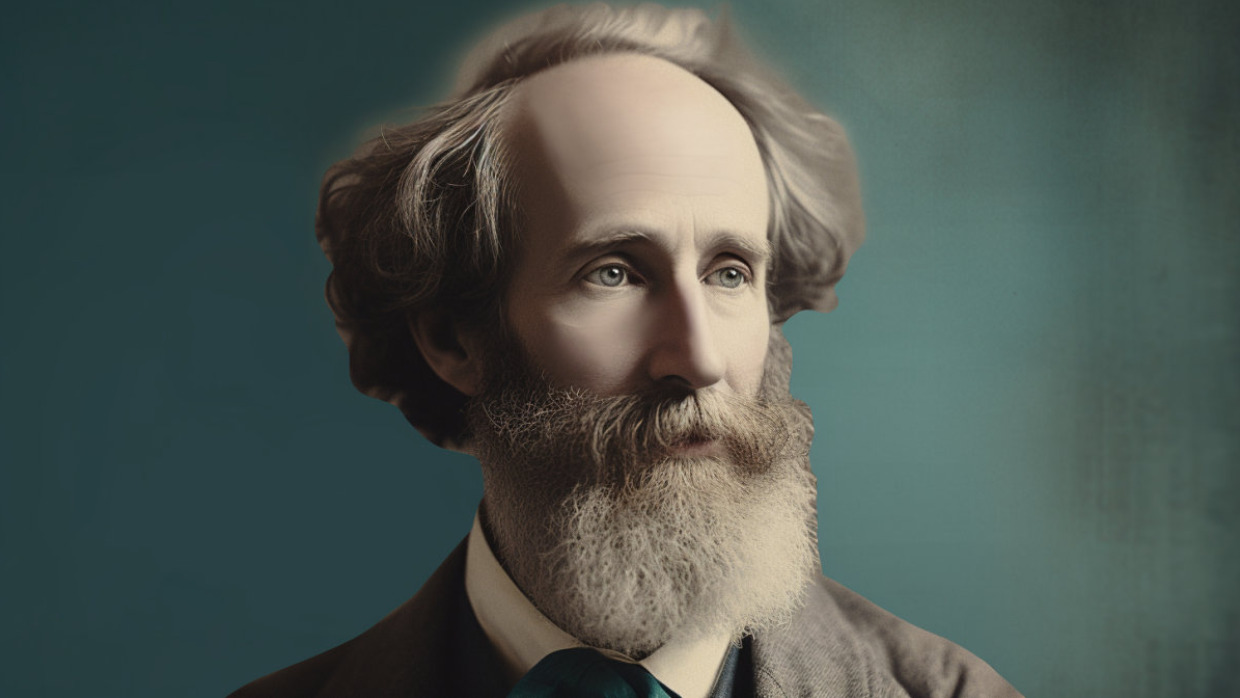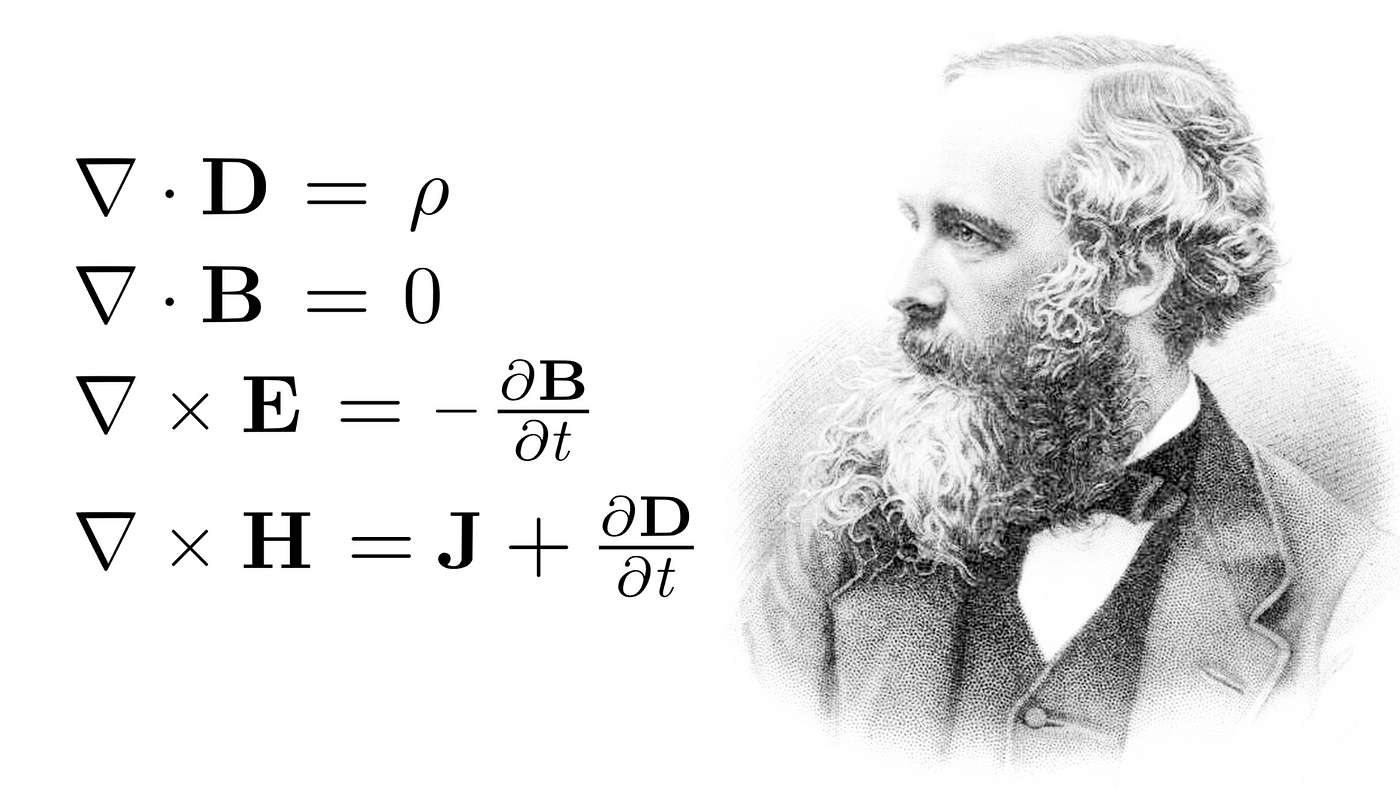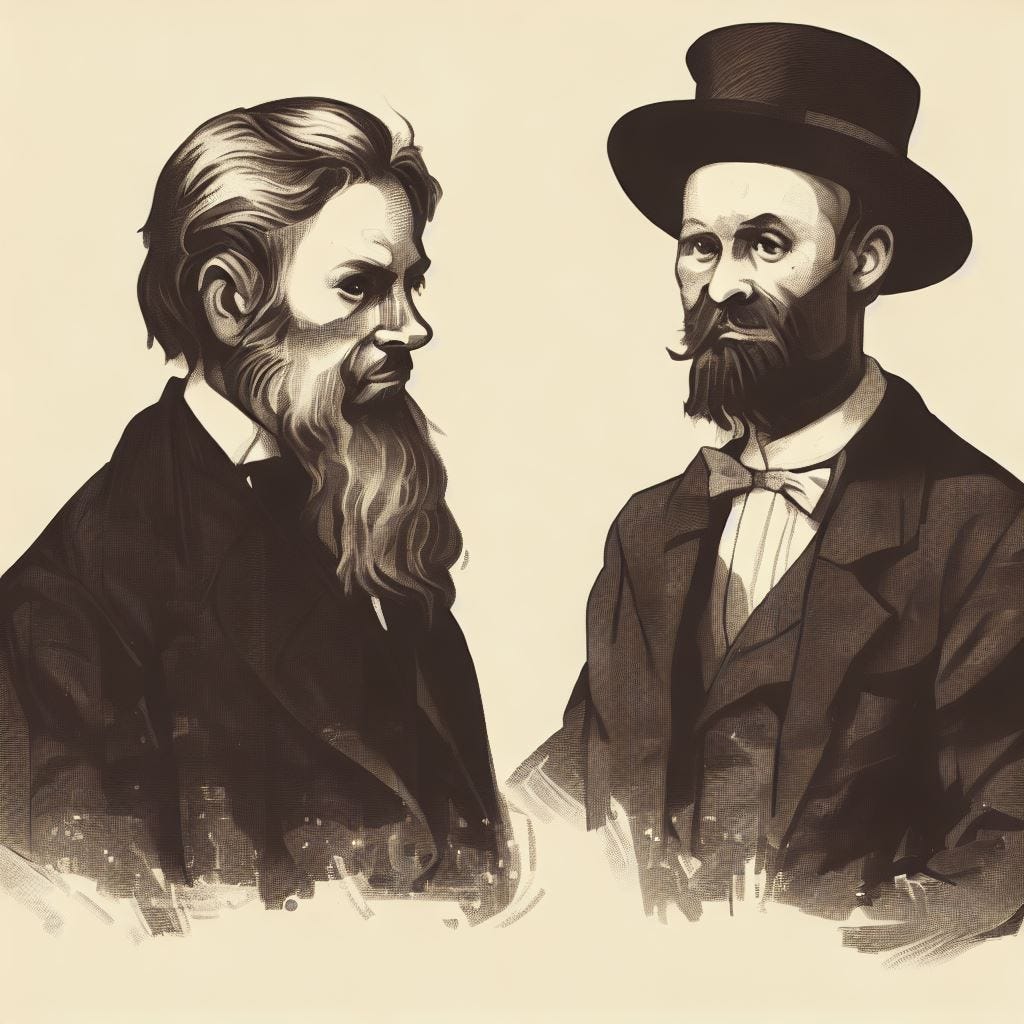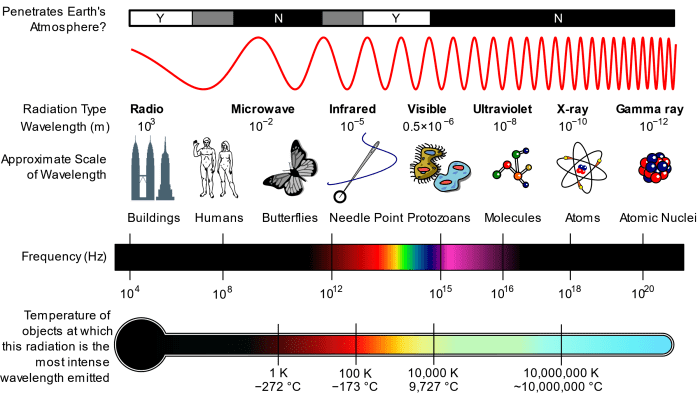Maxwell's Equations: The Groundbreaking Work of James Clerk Maxwell
James Clerk Maxwell, born on June 13, 1831, in Edinburgh, Scotland, was one of the most influential scientists in history, making profound contributions to the fields of physics and mathematics. His work revolutionized our understanding of electromagnetism, optics, and the nature of light, laying the groundwork for much of modern physics and technology. Maxwell's brilliance, creativity, and insight transformed our understanding of the universe and forever changed the course of scientific inquiry. From a young age, Maxwell displayed exceptional intellectual abilities and a keen interest in science and mathematics. He attended the University of Edinburgh at the age of 16, where he studied mathematics and natural philosophy (what we now call physics). It was during his time at Edinburgh that Maxwell began to develop his extraordinary talent for mathematical analysis and theoretical reasoning.
From a young age, Maxwell displayed exceptional intellectual abilities and a keen interest in science and mathematics. He attended the University of Edinburgh at the age of 16, where he studied mathematics and natural philosophy (what we now call physics). It was during his time at Edinburgh that Maxwell began to develop his extraordinary talent for mathematical analysis and theoretical reasoning.
Maxwell's academic journey continued at the University of Cambridge, where he studied mathematics and physics and became deeply immersed in the intellectual milieu of the Victorian scientific community. It was at Cambridge that Maxwell began to develop his groundbreaking theories on electromagnetism, which would become the focus of his life's work. One of Maxwell's most significant contributions to science was the formulation of his electromagnetic theory, which unified the previously disparate phenomena of electricity and magnetism into a single, coherent framework. Maxwell's equations, a set of mathematical equations that describe the behavior of electric and magnetic fields, predicted the existence of electromagnetic waves—waves of electric and magnetic energy that propagate through space at the speed of light. Maxwell correctly identified these waves as light itself, thus establishing the wave theory of light and confirming the electromagnetic nature of light.
One of Maxwell's most significant contributions to science was the formulation of his electromagnetic theory, which unified the previously disparate phenomena of electricity and magnetism into a single, coherent framework. Maxwell's equations, a set of mathematical equations that describe the behavior of electric and magnetic fields, predicted the existence of electromagnetic waves—waves of electric and magnetic energy that propagate through space at the speed of light. Maxwell correctly identified these waves as light itself, thus establishing the wave theory of light and confirming the electromagnetic nature of light.
Maxwell's electromagnetic theory not only provided a comprehensive explanation for the phenomena of electricity and magnetism but also laid the foundation for numerous technological advancements. His work paved the way for the development of modern telecommunications, radio, and radar systems, as well as the field of electromagnetic radiation, which encompasses everything from microwaves and infrared light to X-rays and gamma rays. In addition to his work on electromagnetism, Maxwell made significant contributions to the field of optics. He developed a comprehensive theory of color vision and demonstrated that white light could be decomposed into its constituent colors through a combination of reflection, refraction, and dispersion. Maxwell's insights into the behavior of light laid the groundwork for the development of modern optics and spectroscopy, revolutionizing our understanding of the interaction of light with matter.
In addition to his work on electromagnetism, Maxwell made significant contributions to the field of optics. He developed a comprehensive theory of color vision and demonstrated that white light could be decomposed into its constituent colors through a combination of reflection, refraction, and dispersion. Maxwell's insights into the behavior of light laid the groundwork for the development of modern optics and spectroscopy, revolutionizing our understanding of the interaction of light with matter.
Throughout his life, Maxwell remained deeply committed to the pursuit of knowledge and the advancement of science. He was a tireless advocate for empirical research and rigorous experimentation, emphasizing the importance of observation and measurement in the scientific method. His approach to scientific inquiry, characterized by a rare blend of mathematical rigor and experimental ingenuity, set a standard for excellence that continues to inspire scientists to this day.
Maxwell's brilliance and creativity earned him widespread recognition and acclaim within the scientific community. He was elected a Fellow of the Royal Society in 1861, at the young age of 30, and later served as its president from 1871 to 1873. His contributions to science were further honored with numerous awards and accolades, including the Royal Society's prestigious Rumford Medal in 1860 and the Copley Medal in 1890.Despite his many achievements, Maxwell remained humble and modest, eschewing personal fame and recognition in favor of the pursuit of truth and understanding. His enduring legacy as one of the greatest scientists of all time is a testament to his intellect, his passion for discovery, and his unwavering commitment to the advancement of human knowledge. Through his groundbreaking theories and profound insights, James Clerk Maxwell forever changed the way we see the world and laid the foundation for generations of scientific inquiry to come.
Maxwell's legacy extends far beyond his scientific achievements; he also left an indelible mark on the culture of scientific inquiry and the development of modern physics. His work paved the way for the unification of electricity and magnetism into the electromagnetic force, one of the four fundamental forces of nature. Moreover, Maxwell's equations served as the cornerstone of Albert Einstein's theory of relativity, providing crucial insights into the nature of space, time, and gravity. In addition to his groundbreaking theoretical work, Maxwell was also an accomplished experimentalist who made significant contributions to the development of scientific instrumentation and laboratory techniques. His meticulous attention to detail and innovative approach to experimentation enabled him to test and validate his theoretical predictions, further cementing his reputation as one of the preeminent scientists of his time.
In addition to his groundbreaking theoretical work, Maxwell was also an accomplished experimentalist who made significant contributions to the development of scientific instrumentation and laboratory techniques. His meticulous attention to detail and innovative approach to experimentation enabled him to test and validate his theoretical predictions, further cementing his reputation as one of the preeminent scientists of his time.
Maxwell's influence extended far beyond the confines of the laboratory; he was also a gifted educator and communicator who played a crucial role in shaping the future of scientific education and public outreach. His seminal work, "A Treatise on Electricity and Magnetism," remains one of the most important and influential scientific treatises of all time, serving as a foundational text for generations of physicists and engineers. Throughout his life, Maxwell remained deeply committed to the pursuit of knowledge and the advancement of science. He believed passionately in the importance of scientific inquiry as a means of understanding the natural world and improving the human condition. His tireless dedication to the pursuit of truth and understanding continues to inspire scientists and scholars around the world, serving as a guiding light for future generations of researchers and innovators.
Throughout his life, Maxwell remained deeply committed to the pursuit of knowledge and the advancement of science. He believed passionately in the importance of scientific inquiry as a means of understanding the natural world and improving the human condition. His tireless dedication to the pursuit of truth and understanding continues to inspire scientists and scholars around the world, serving as a guiding light for future generations of researchers and innovators.
Maxwell's brilliance and creativity earned him widespread recognition and acclaim within the scientific community, and his legacy lives on in the countless lives he touched and the countless minds he inspired. His enduring contributions to science and humanity serve as a testament to the power of human intellect and the boundless possibilities of the human spirit. Through his groundbreaking discoveries and profound insights, James Clerk Maxwell forever changed the way we see the world and laid the foundation for generations of scientific inquiry to come. As we reflect on Maxwell's extraordinary life and legacy, we are reminded of the transformative power of curiosity, creativity, and dedication in the pursuit of knowledge. Maxwell's legacy serves as a timeless reminder of the importance of scientific inquiry as a means of understanding the world around us and unlocking the mysteries of the universe. His work continues to inspire and inform scientific research and innovation to this day, ensuring that his contributions to humanity will be remembered and celebrated for generations to come.
As we reflect on Maxwell's extraordinary life and legacy, we are reminded of the transformative power of curiosity, creativity, and dedication in the pursuit of knowledge. Maxwell's legacy serves as a timeless reminder of the importance of scientific inquiry as a means of understanding the world around us and unlocking the mysteries of the universe. His work continues to inspire and inform scientific research and innovation to this day, ensuring that his contributions to humanity will be remembered and celebrated for generations to come.





















![Nekodex – Earn 20K+ NekoCoin ($20) [Highly Suggested]](https://cdn.bulbapp.io/frontend/images/b4f0a940-f27c-4168-8aaf-42f2974a82f0/1)









































